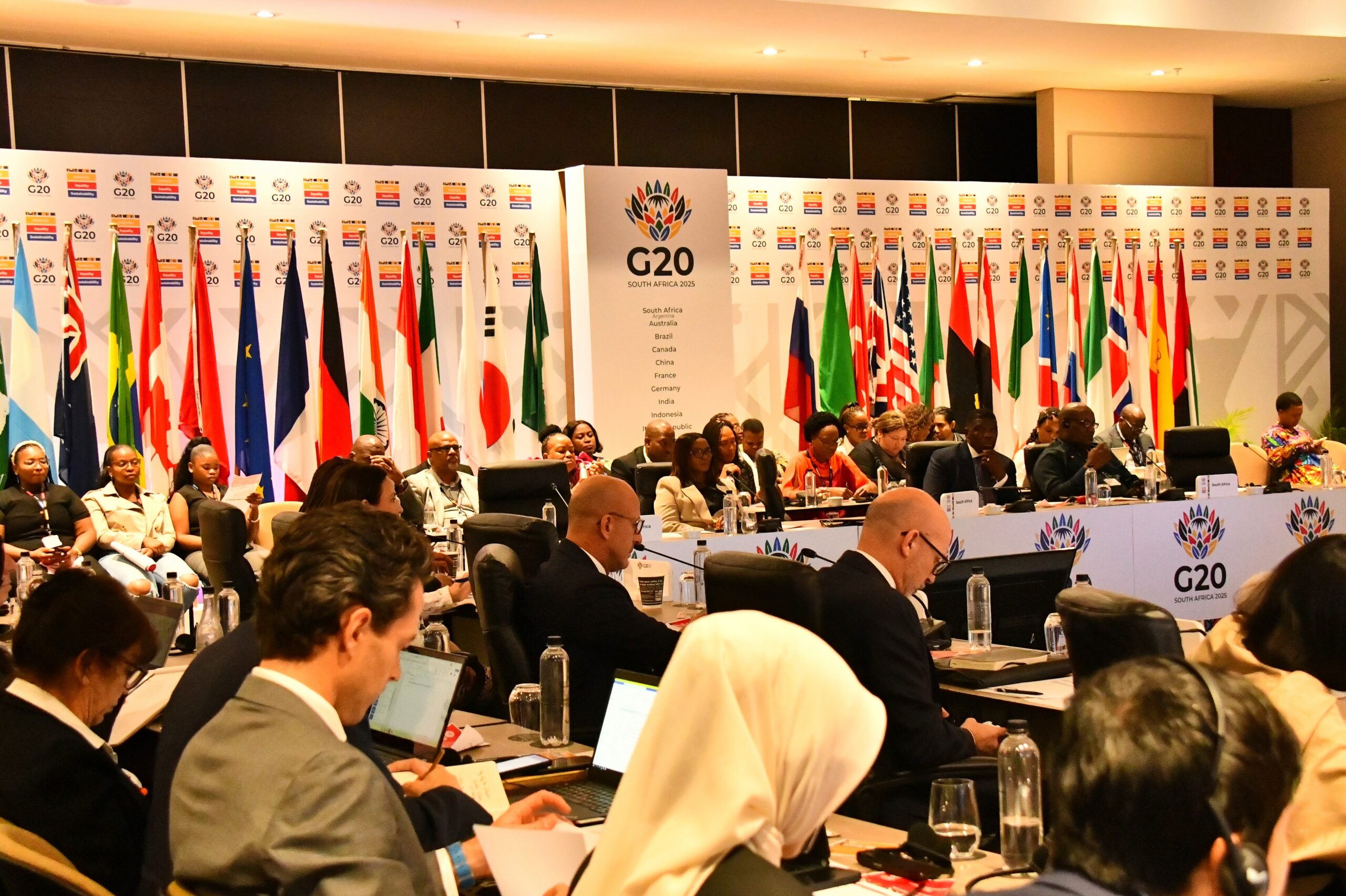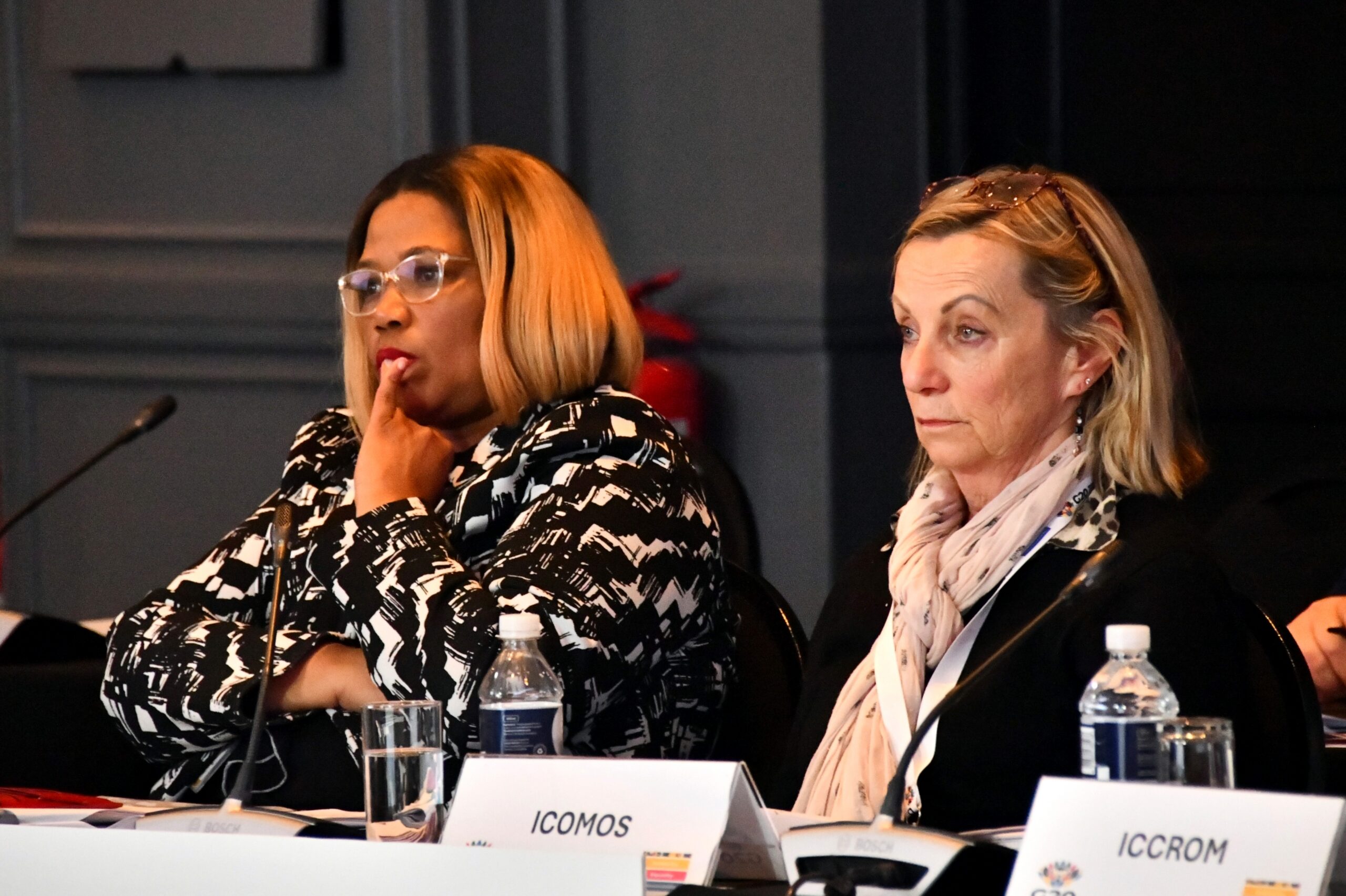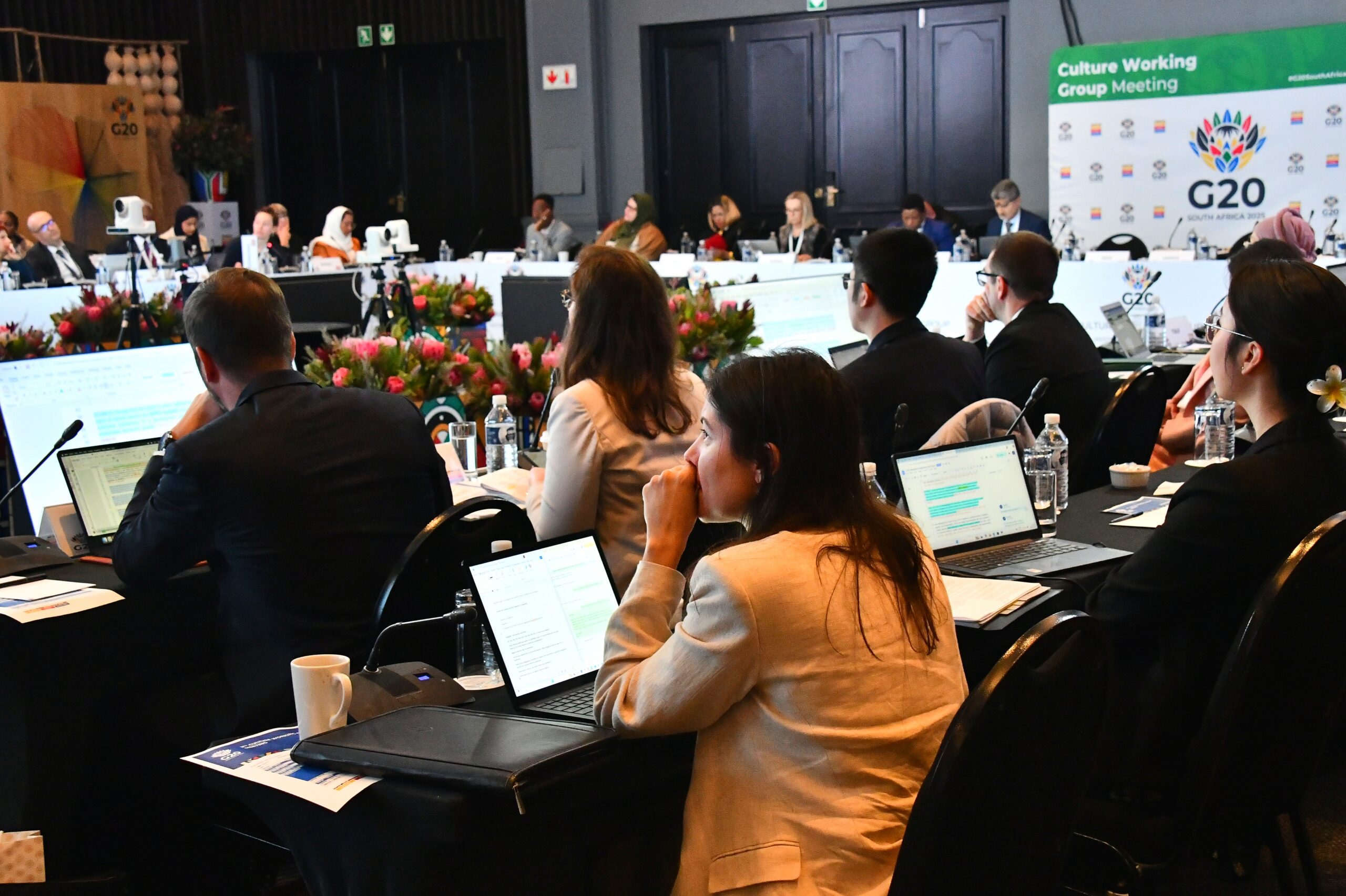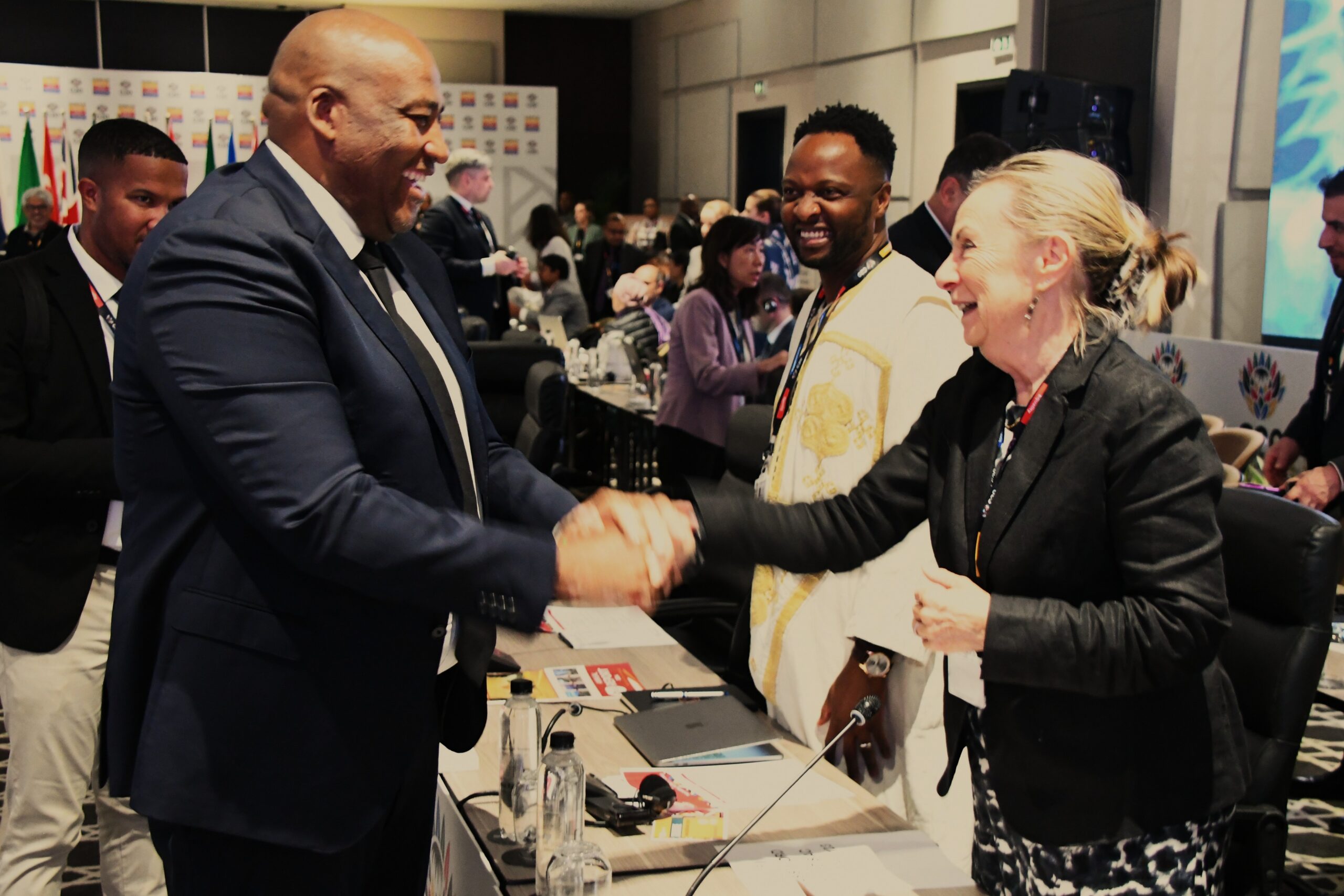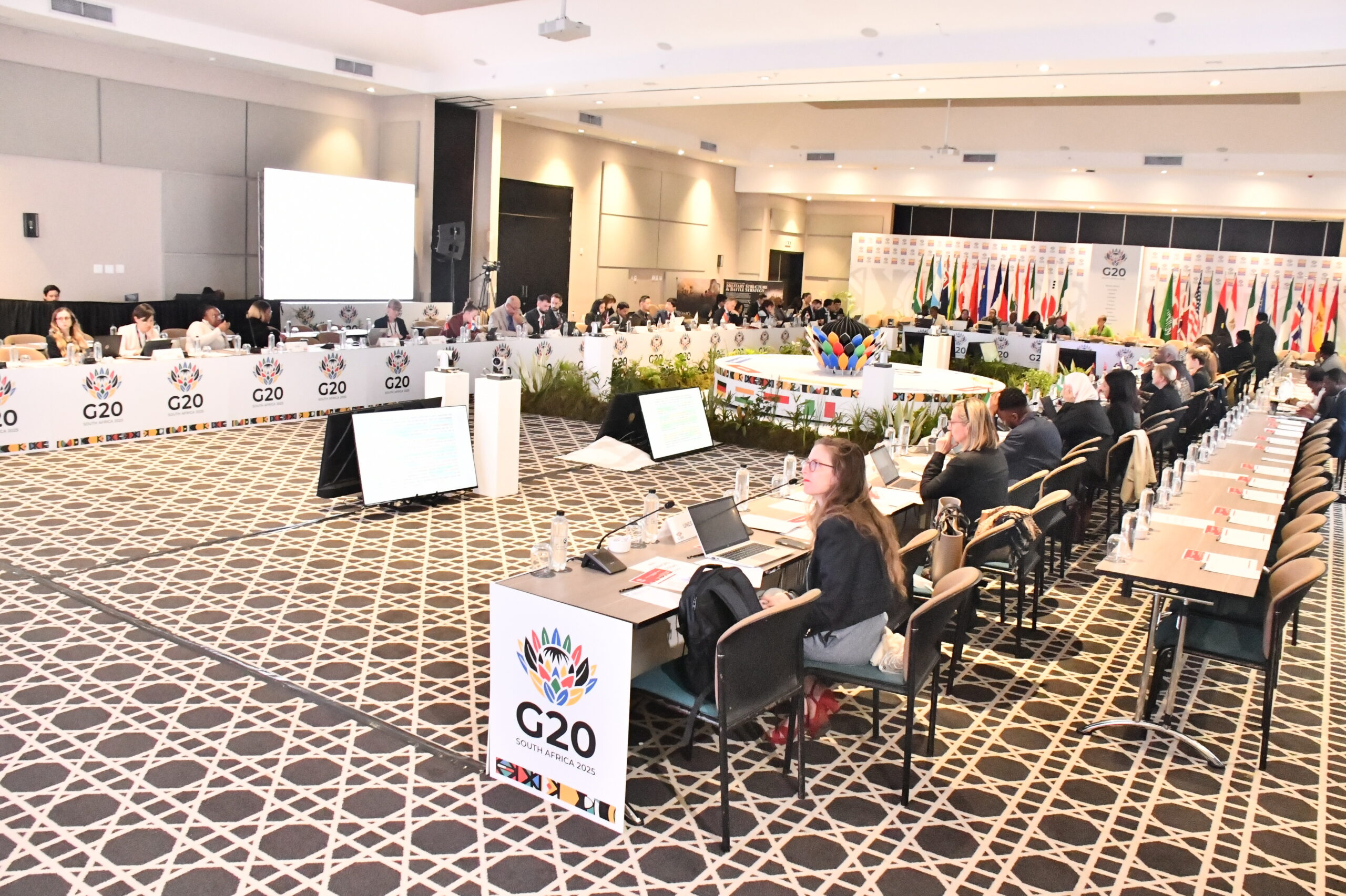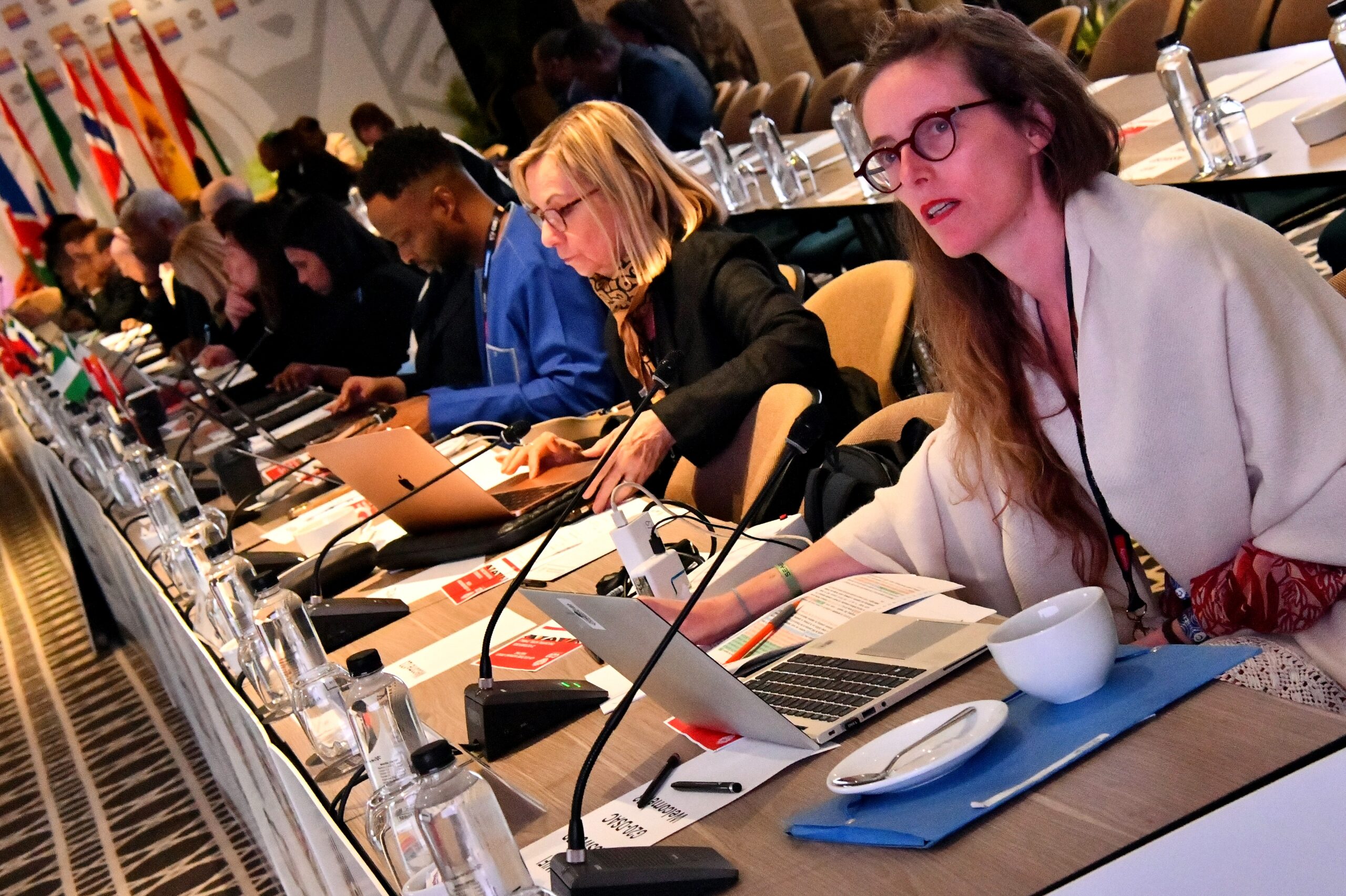ICOMOS welcomes the KwaDukuza Declaration of the G20 Ministers of Culture
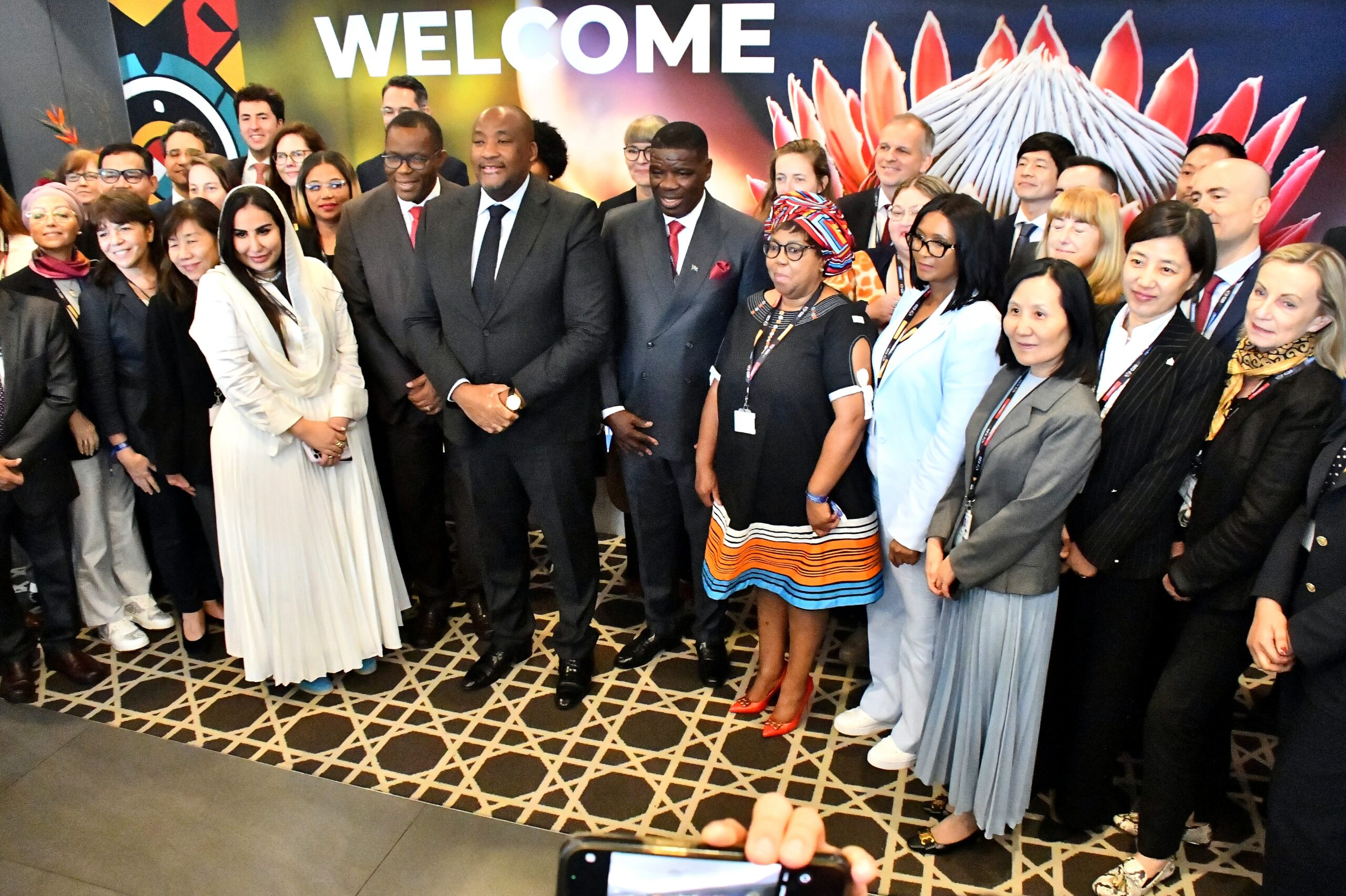
On 29 October, the G20 Ministers of Culture, convened this year in KwaDukuza, KwaZulu-Natal, under the presidency of South Africa, adopted the KwaDukuza Declaration.
The Declaration was prepared by the G20 Culture Working Group, which brought together representatives of the G20 member states, invited States Parties and various organisations, including ICOMOS, ICOM, WIPO, Interpol and the African World Heritage Fund.
About the G20 Culture Working Group
Since February 2025, the Culture Working Group met four times, virtually and in-person across South Africa (Gauteng, Western-Cape, and finally KwaZulu-Natal, ahead of the Ministerial meeting), to discuss 4 key priorities:
- The Safeguarding and Restitution of Cultural Heritage;
- Integrating Cultural Policies with Socio-Economic Strategies to Ensure Holistic and Inclusive Development;
- Harnessing Digital Technologies for the Protection and Promotion of Culture and Sustainable Economies;
- The Intersection of Culture and Climate Change: Shaping Global Responses
ICOMOS and its President were represented by Laura Robinson, ICOMOS South Africa member and Focal Point for the ICOMOS Working Group on Our Common Dignity – Rights Based Approaches (OCD-RBA) and supported by Thabo Manetsi, ICOMOS South Africa President. ICOMOS’ overall input into the G20 Culture process was again coordinated by Adriana Carreaga, ICOMOS Board member, with contributions from several ICOMOS Committees and Working Groups – most notably those on SDGs, Climate Action, and Our Common Dignity-Rights Based approaches, as well as International Scientific Committees on Archaeological Heritage Management (ICOMOS ICAHM), Training (ICOMOS CIF) and others.
ICOMOS contributions
In its interventions, ICOMOS particularly welcomed that one of the major recommendations of the KwaDukuza Declaration — echoing also the Mondiacult 2025 Outcome Document — calls for “the full recognition and protection of culture with its intrinsic value as a transformative driver and an enabler for the achievement of the SDGs and the advancement of the inclusion of discussions on culture as a standalone goal in a possible post-2030 development agenda”.
ICOMOS further commends the Declaration’s emphasis on human rights issues related to culture, Indigenous Peoples, and traditional and local communities, as well as its strong recommendations concerning climate change adaptation, specifically referenced to cultural practices and traditions. The KwaDukuza Declaration also highlights the implications of AI in the digital era, underscores the need to ensure fair and appropriate remuneration of workers in the cultural industries and the protection of (their) intellectual property rights, and addresses issues of repatriation and restitution, the looting of cultural objects and supports the development of the UNESCO/Interpol database on stolen cultural property
In summary, ICOMOS wants to emphasize the need for internationally harmonized, heritage-sensitive indicators to assess the contributions of culture to the SDGs and the post-2030 framework. We support the use of tools such as the UNESCO Culture 2030 Indicators. We further support the development of climate risk assessment tools for heritage sites and systems, based on the work of ICOMOS, ICCROM, and UNESCO, to strengthen monitoring, protection, and resilience.
